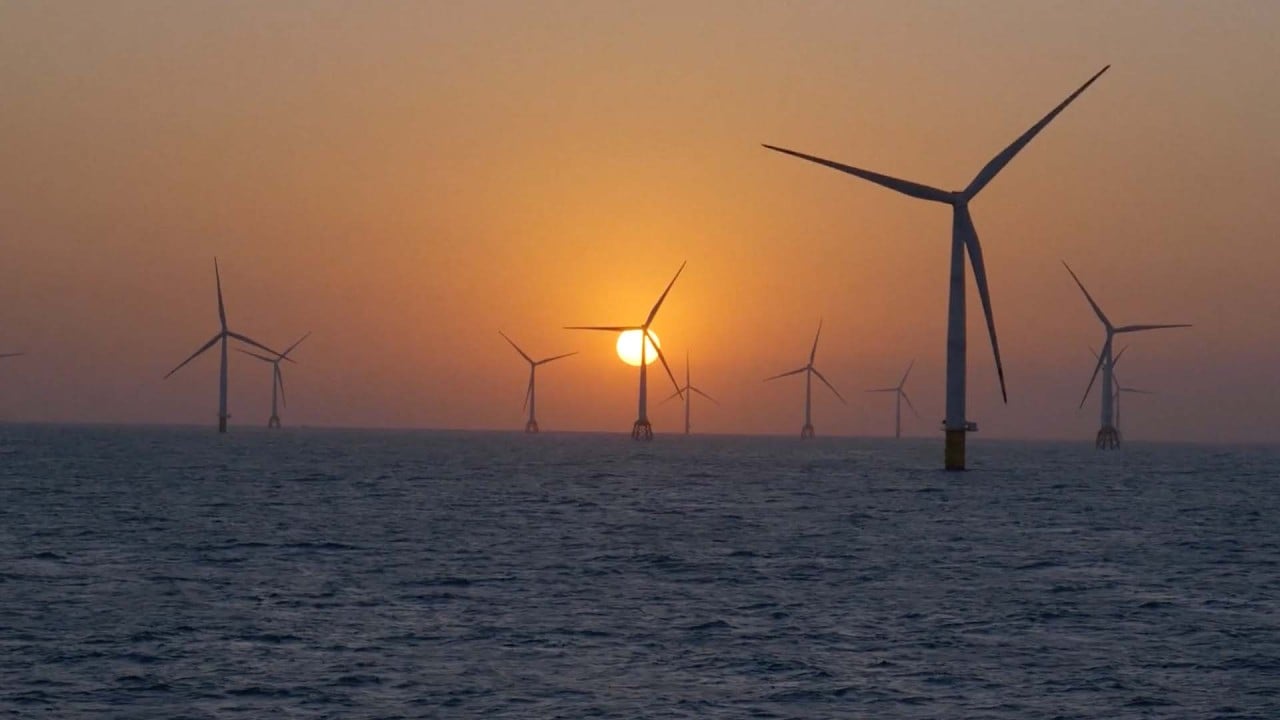
Xi Jinping’s ‘Green Leap Forward’ will shape China’s environmental future
- The Chinese leader’s support for environmental protection will ensure it continues to play a big role in domestic policy
- While improvements to the environment testify to the government’s commitment to its green agenda, challenges remain to realise China’s aspiration of ecological civilisation
His statements suggest that what has come to be described as a “Green Leap Forward” will continue to play a significant role in Chinese domestic policy.
China’s strong economic growth in recent decades has come at enormous environmental and ecological costs. In more recent times, Beijing has sought to improve the condition of the local environment and protect it from further degradation.
A key aspect of the Green Leap Forward is Xi’s belief in the importance of environmental protection, as reflected in his “two mountains” saying. He first likened green mountains to gold mountains in 2005 when he was secretary of the Zhejiang Provincial Party Committee, to express the view that clear waters and green mountains are as valuable as gold and silver mountains. This view is reflected in domestic policies such as the national green development push, green agricultural development and other sustainable development policies.
So far, the Green Leap Forward has made significant achievements in air and water quality, traditionally some of the most polluted areas in China. In addition to the establishment of the “river chief system” in 2016 by the central government, under which the number of water bodies with improved water quality has increased considerably, China’s water use efficiency improved from 88.6 cubic metres per 10,000 yuan (US$1,380) of gross domestic product in 2015 to 57.2 in 2020.
According to China’s Ministry of Ecology and Environment, the country has made progress in several areas of its fight against environmental pollution. For instance, air quality in prefecture-level or higher cities improved from 81.2 per cent of days with “good or excellent air quality” in 2015 to 87 per cent in 2020.
The country’s water quality also improved, with the proportion of surface water with “fairly good quality” increasing from 66 per cent in 2015 to 83.4 per cent in 2020. This was 13.4 percentage points higher than the water quality target.
China has also demonstrated an interest in improving soil quality. In February, the State Council announced it would conduct a four-year survey of China’s soil.
Another consideration is whether the overall concept of “ecological civilisation” can be achieved. At present, we can see the framework’s visible aspects are progressing much faster than the less tangible ones, such as issues of social injustice.
Although the central authorities have addressed the environmental protection aspect of “ecological civilisation” through various national and local targets, achieving other elements of the framework throughout the country could be more difficult to achieve.
Genevieve Donnellon-May is a master’s candidate in water science, policy and management at the University of Oxford
Professor Mark Yaolin Wang is a human geographer specialising in development and environmental issues in China



